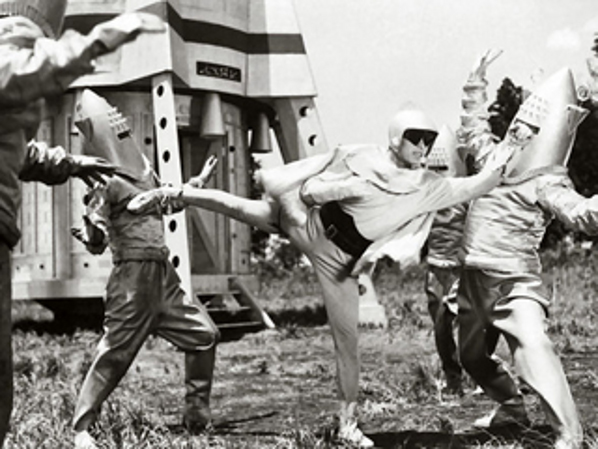Kingu Kurimuzon
Well-known member
- Joined
- Aug 27, 2013
- Messages
- 20,940
- MBTI Type
- I
- Enneagram
- 9w8
- Instinctual Variant
- sp/sx
At least portrayed the way they currently are. But I suppose it's a fashionable disability to showcase at the moment, which is why they do it. I don't think many autistic people look at these shows and movies and go - woah relatable!
That's because it's usually portrayed as a cute and endearing set of character traits and quirks. "Cute autism" that many people on the spectrum will find difficult to relate to their real life experiences and struggles. It always works out for autistic characters, and usually they magically seem to overcome the most difficult symptoms of their autism and magically find love, friendship and success.
The Problem with Sheldon Cooper and the "Cute Autism" | Autism Support Network
People who have cute autism do funny things like always need to sit in the same spot and memorize obscure facts. They misunderstand sexual innuendo and they carry around white boards and they speak in funny, hyper-formal constructs. They amaze strangers with mental math, and they’re goshdarn persnickety about food and laundry. Cute autism is sometimes paired with cute OCD, which brings on symptoms like doing amusing rituals and being selectively germophobic, needing things to be lined up on shelves, and putting soup cans in alphabetical order.
A person with cute autism might commit a faux pas, but he will not be shamed and kicked out of school for it. He might utter a gaffe, but he will not permanently alienate a friend group because of it. He won’t destroy relationships. He won’t have an ugly emotional meltdown in public, or freak out and hit someone. While Sheldon Cooper’s friends on The Big Bang Theory are often exasperated and annoyed, they never shun him, because Sheldon never crosses the line into causing true offense and hurt. The writers carefully keep Sheldon just on this side of being awful. That is a high bar to set for autistic people in the real world.
Characters who make viewers go “aww†over autism spectrum behaviors create an unrealistic expectation that autistic people be consistently endearing and quirky, and ultimately socially successful. The pilot of Young Sheldon promises little Sheldon will learn to take off his germophobe mittens to hold his father’s hand. That will not happen in real life. The pilot promises that while teachers will yell and students will scoff, Sheldon will prevail. That will not happen in real life. There will never be a very special episode of Young Sheldon where Sheldon beats his own face black and bloody, or cries himself to sleep because his last friend has decided he’s too weird and turned his back on him. The writers won’t allow that.
Consider the autism muppet, Julia, on Sesame Street. She is the epitome of adorable, and she teaches children to tolerate kids who don’t want to be touched, or don’t give eye contact, or make flappy hands. Julia will never push a joke too far or unwittingly say something unforgivably racist. Julia will never do something disgusting, or scary, or inexplicable, because Julia’s job is to teach kids that autism is safe and fine. But autism is not safe and fine. Autism is beautiful, and magical, and brilliant, but autism is also screaming, and hurting people, and agony, and clashing with the world.
The netflix series Atypical is another good example of "cute autism" in TV

